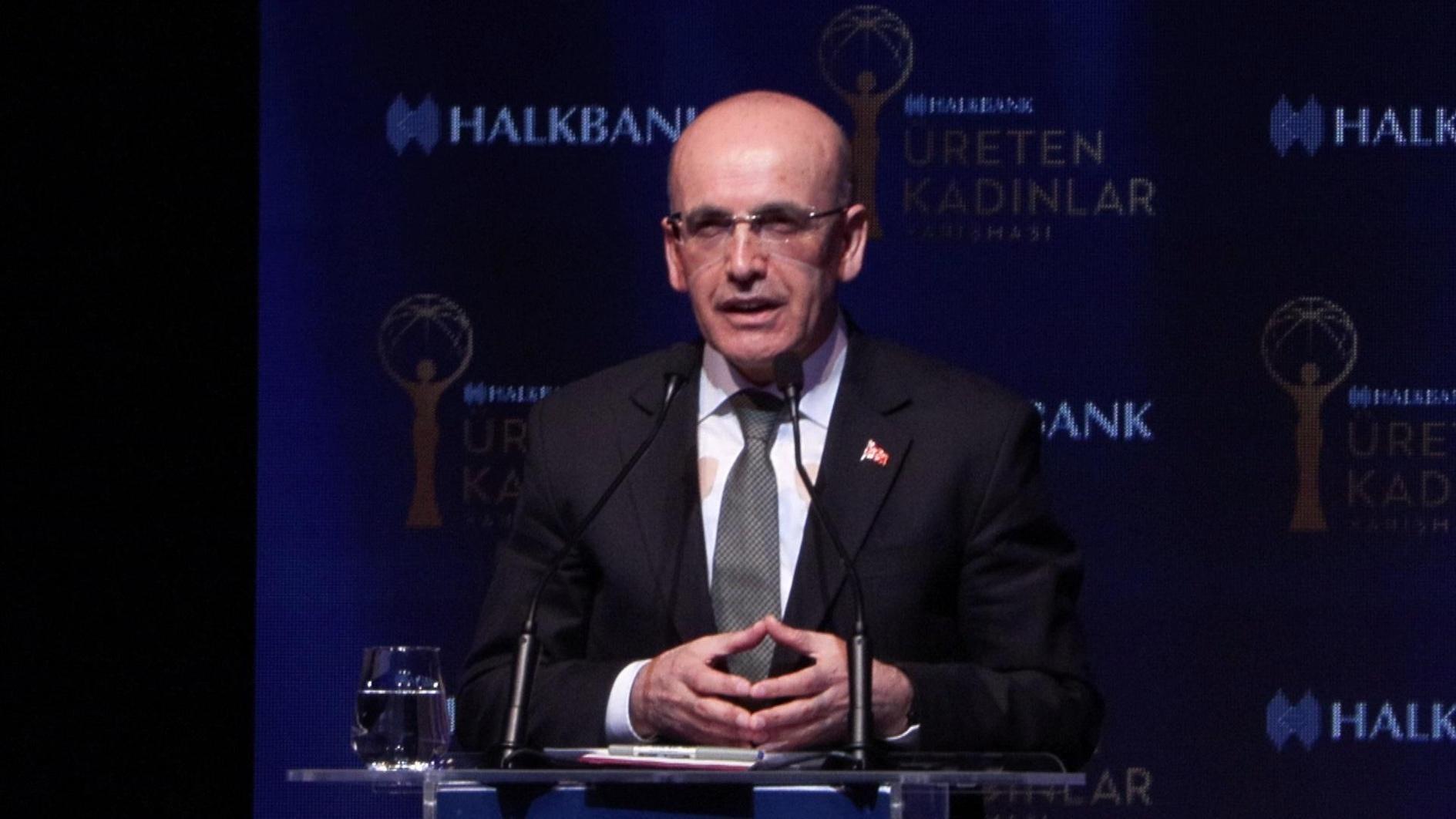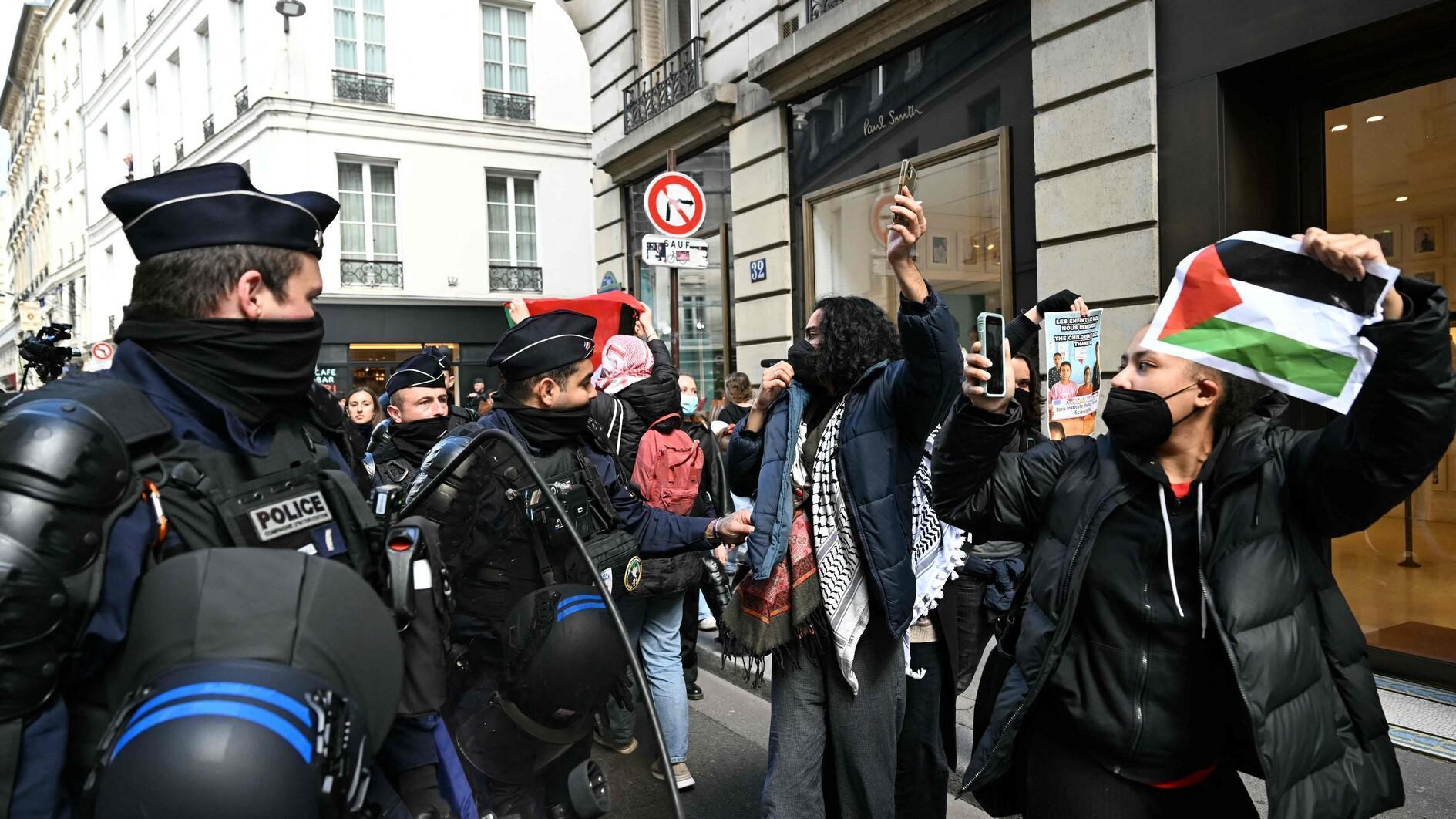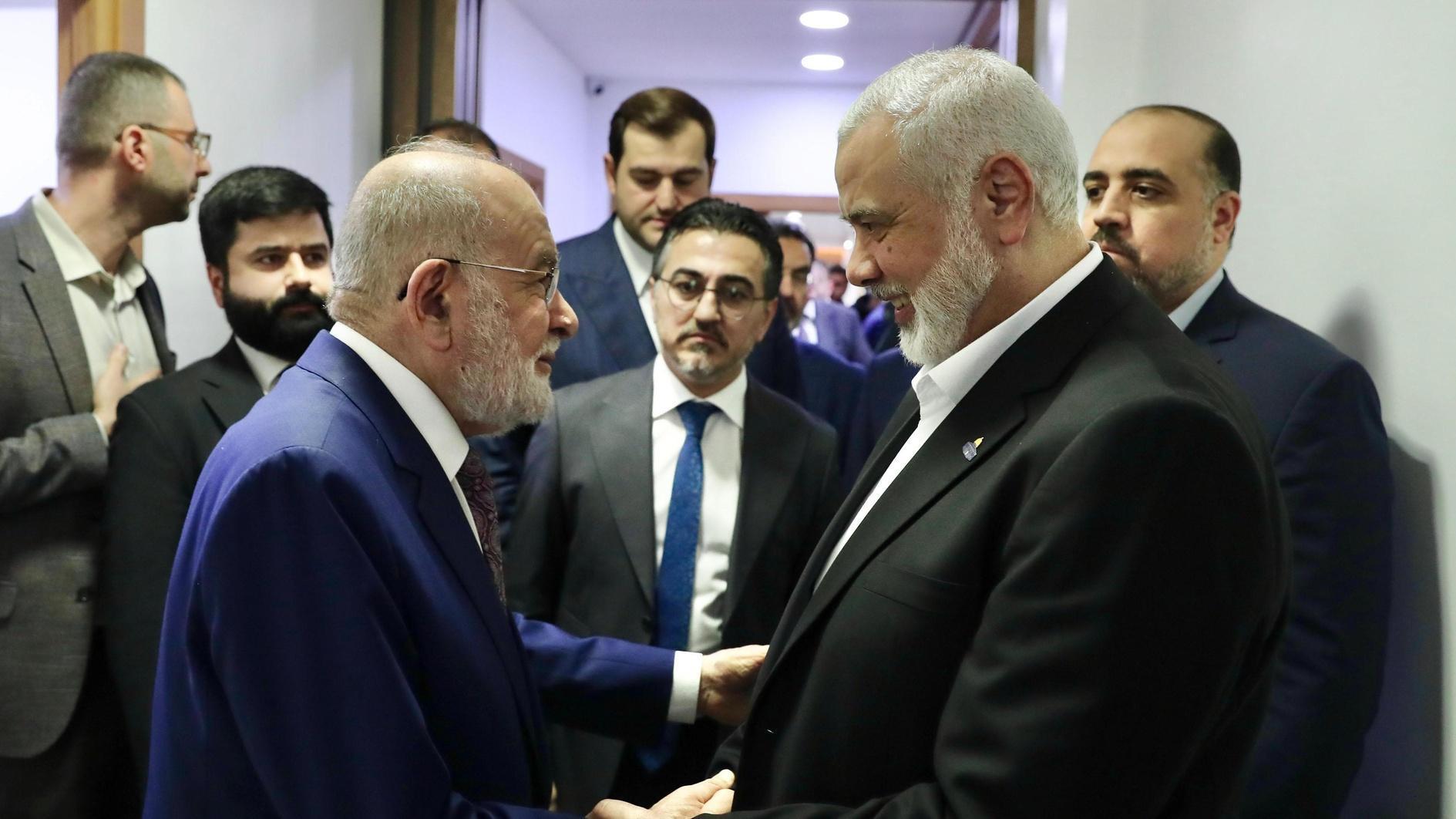Is state control possible in social media?
M. SERDAR KUZULOĞLU
German political scientist Hannah Arendt said, ““The presence of others who see what we see and hear what we hear assures us of the reality of the world and ourselves.” When we think of it by adapting it to our lives today, then this is an absolute recognition why all kinds of internet-based sharing have turned into such a passion.Multiplying what we have experienced by sharing it and turning it into an added experience bonds us to our own reality more strongly. And, more strangely, when the sharing of moments increases, those moments we have not witnessed, turn into personally experienced realities in our minds. We have seen the most recent example of this during the sharing of the Gezi Park incidents on social media.
Hard to believe but disinformation, in other words the effort to disseminate false information, does provoke those assumptions that the target groups secretly wish were true. This is the reason for the appetite for this unimaginably wrong, twisted information raining down from everywhere. This price which is paid in the name of the approval for the hate felt for the opposing side, that has been coded as “the other side,” is the main fuel for disinformation.
After these days of turmoil, the statement that was expected came from government officials. Government spokesman Hüseyin Çelik said an arrangement was needed for the social media. He especially pointed out that this would not be an attempt to censure. But for those who remember the several processes of the law number 5651 that regulates the internet in Turkey, this statement automatically created concerns.
Right at this point we should be asking whether this kind of a control is possible. To find the answer we can focus on China, the state that has the most experience in electronic monitoring and censure.
China is continuing to support its giant economic power with an oppressive regime. In this country, several words such as revolution and democracy are banned both in the physical and electronic environment. Internet monitoring is executed by tens of thousands of specialist civil servants. The biggest aide of this team that is on duty 24 hours is the anonymous andy. National security software scans the entire internet traffic and reports it. Any kind of outflanking maneuver is spotted immediately.
With a regulation that came into effect last year, it has been compulsory to use your rwal name and last name in entering the internet and in every service used.
Of course several sites such as Google, YouTube, Facebook, Flickr and Twitter are not accessible. Instead of them there are local alternatives (indeed monitored by the state).
However, despite all this alliance of machines and people, China’s mechanism monitoring nearly 600 million users is not flawless. This void is filled with the most dangerous, the most perfect and economic monitoring mechanism: auto-control.
The user who is aware that he can be monitored and punished at any money immediately starts auto-censuring. The unknown dimensions, capacity and ability of the monitoring create the effect of the mirror watch box. It is a paranoid environment where you do not know if there is somebody inside it or if so whether he is watching you.
For this reason, it is better to focus on the psychological effects of electronic monitoring rather than their technical abilities.
Serdar Kuzuloğlu is a columnist for daily Radikal in which this piece was published on June 26. It was translated into English by the Daily News staff.











